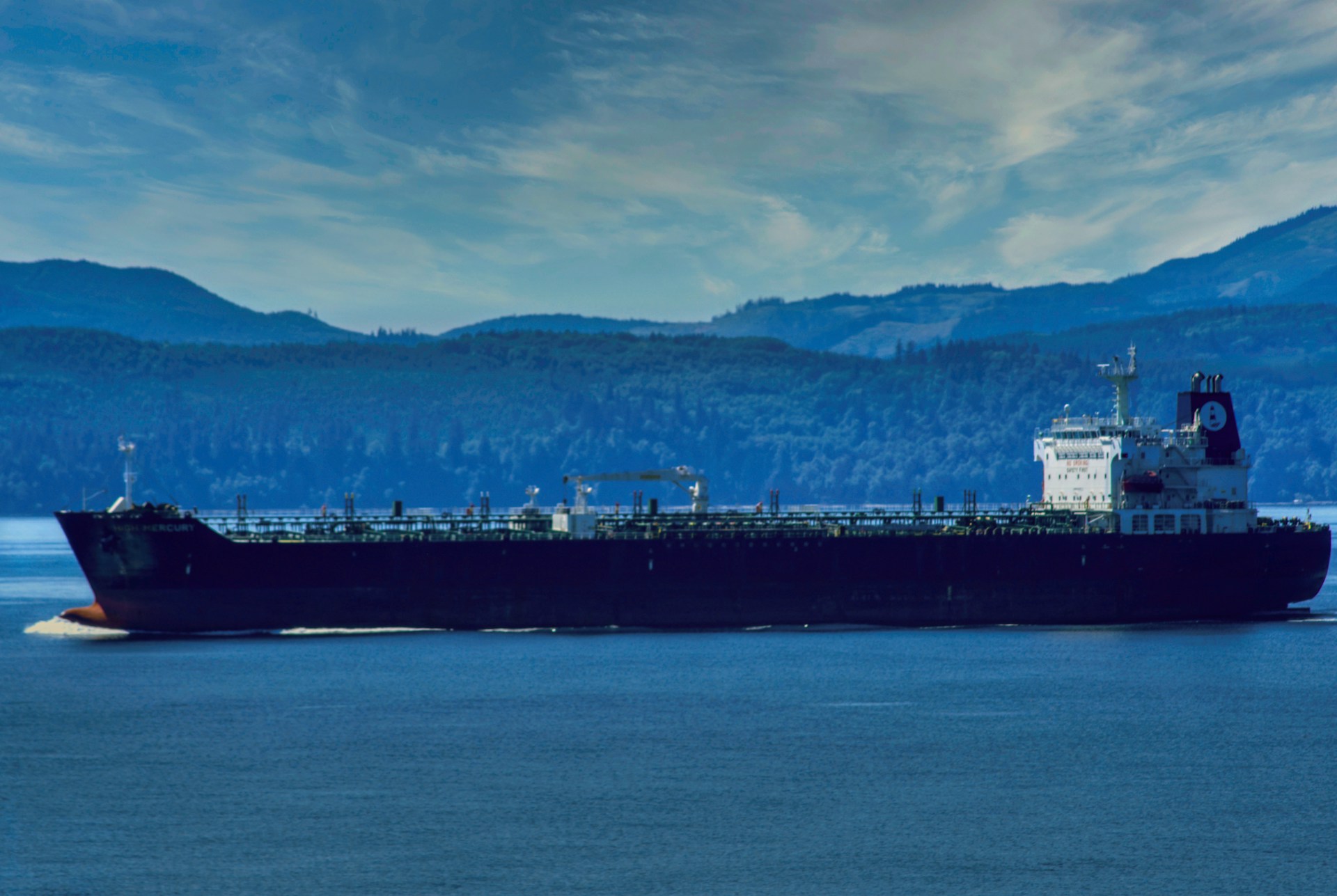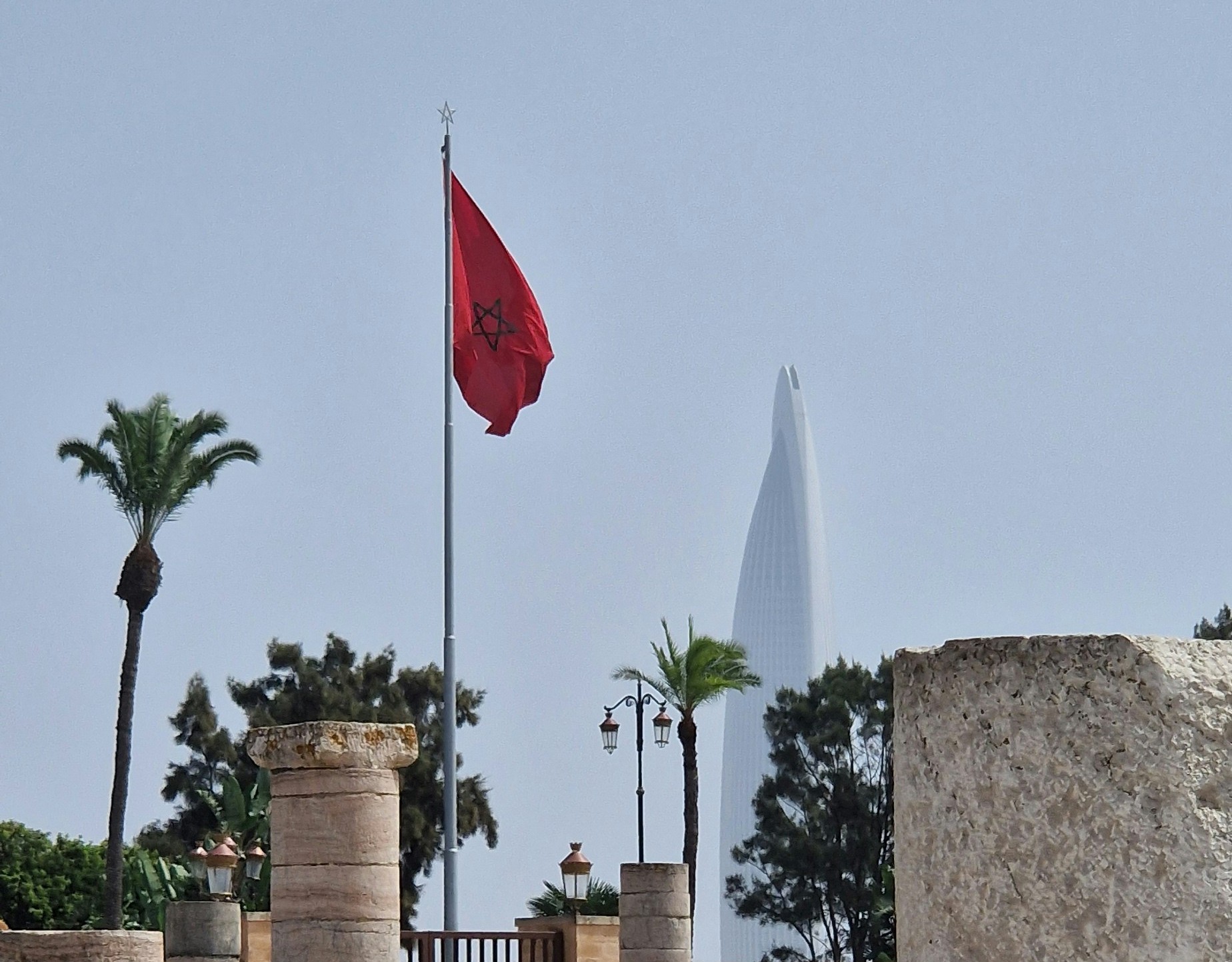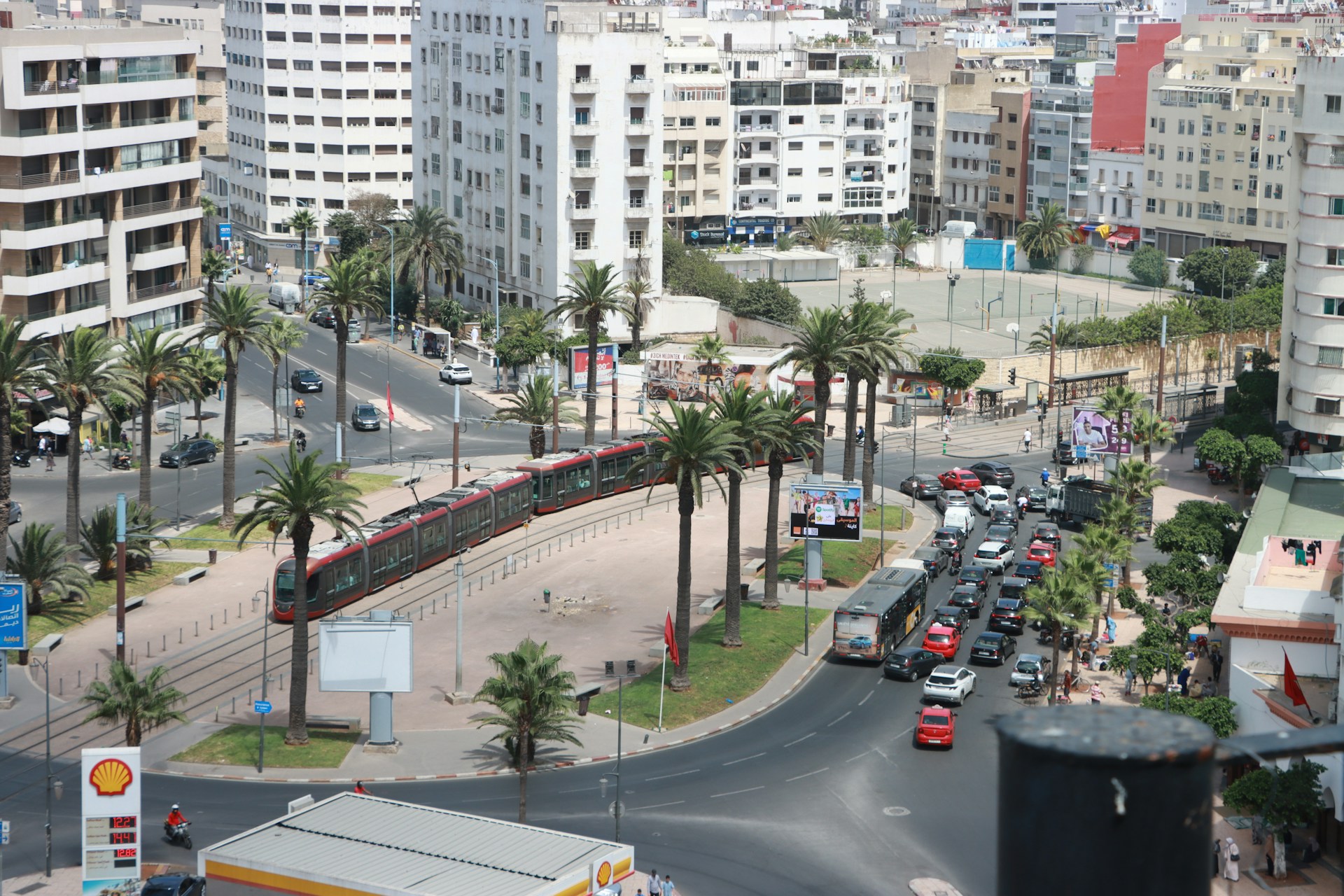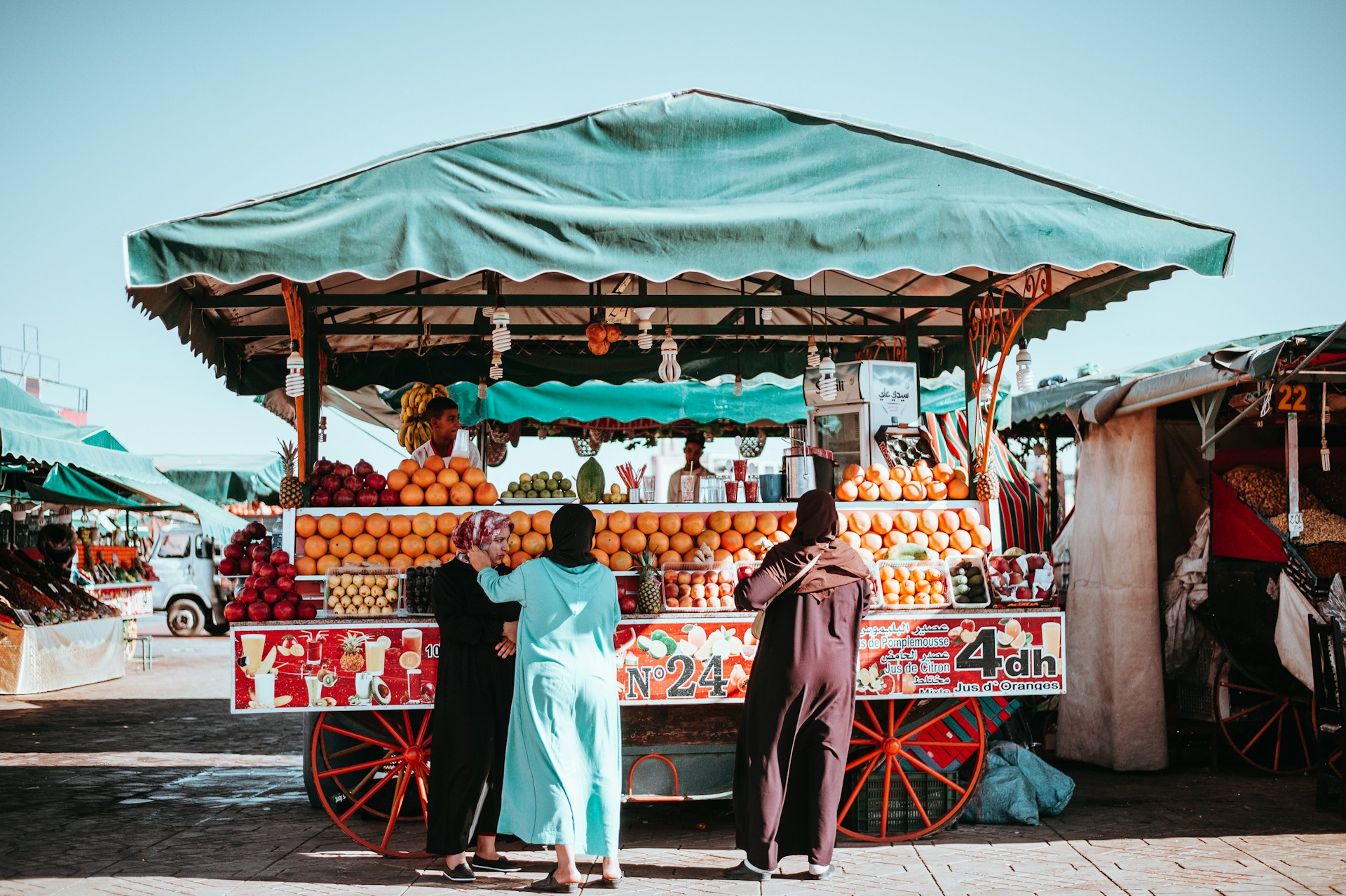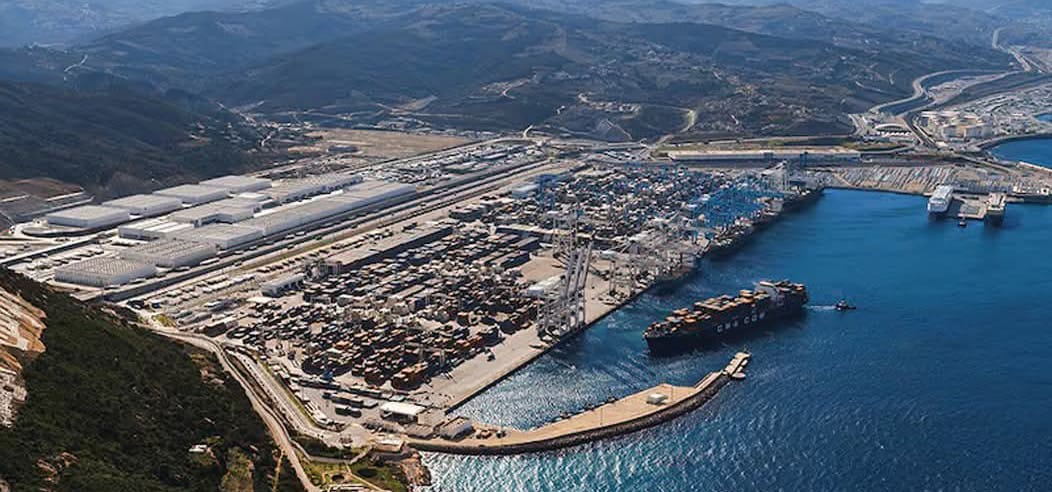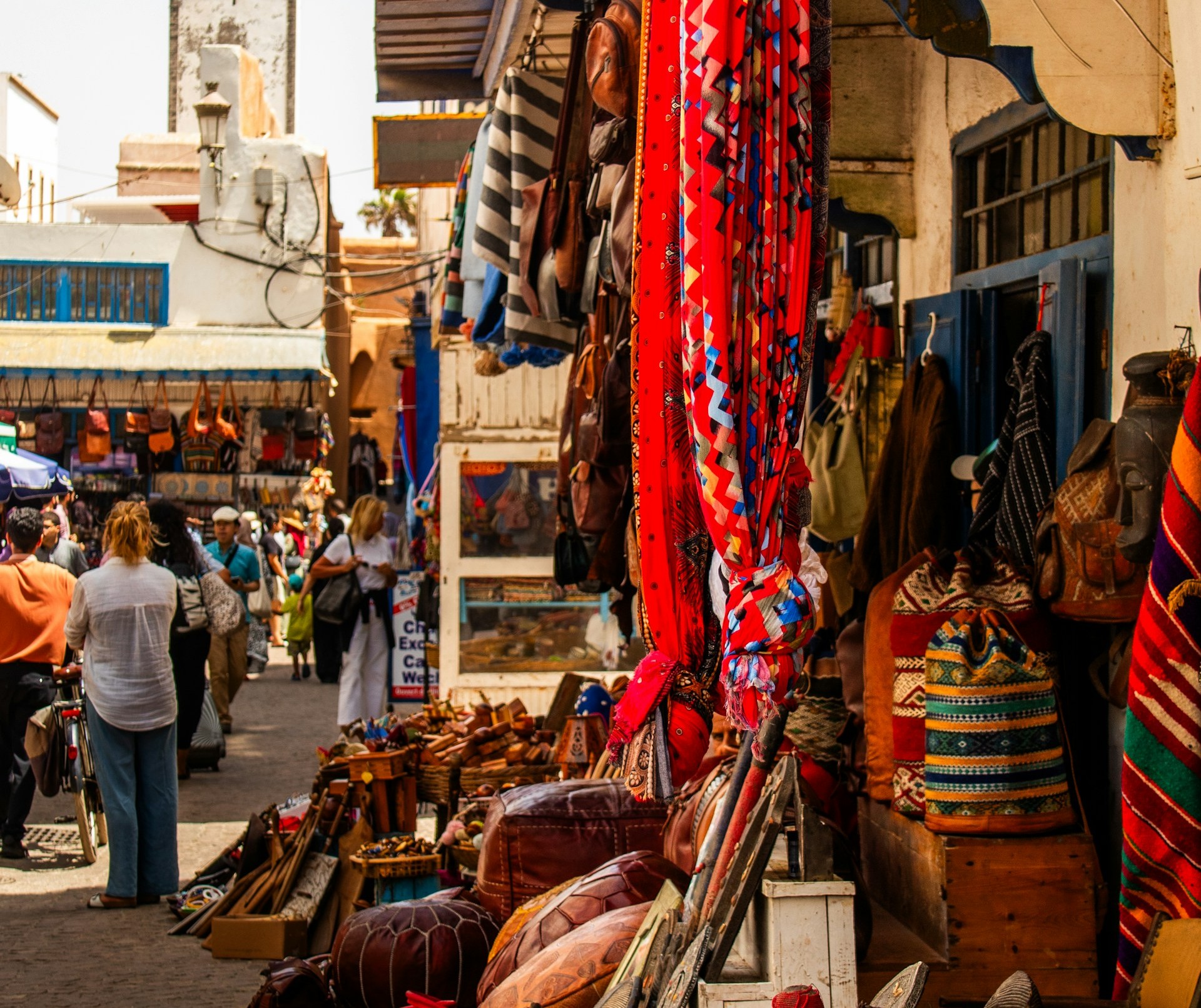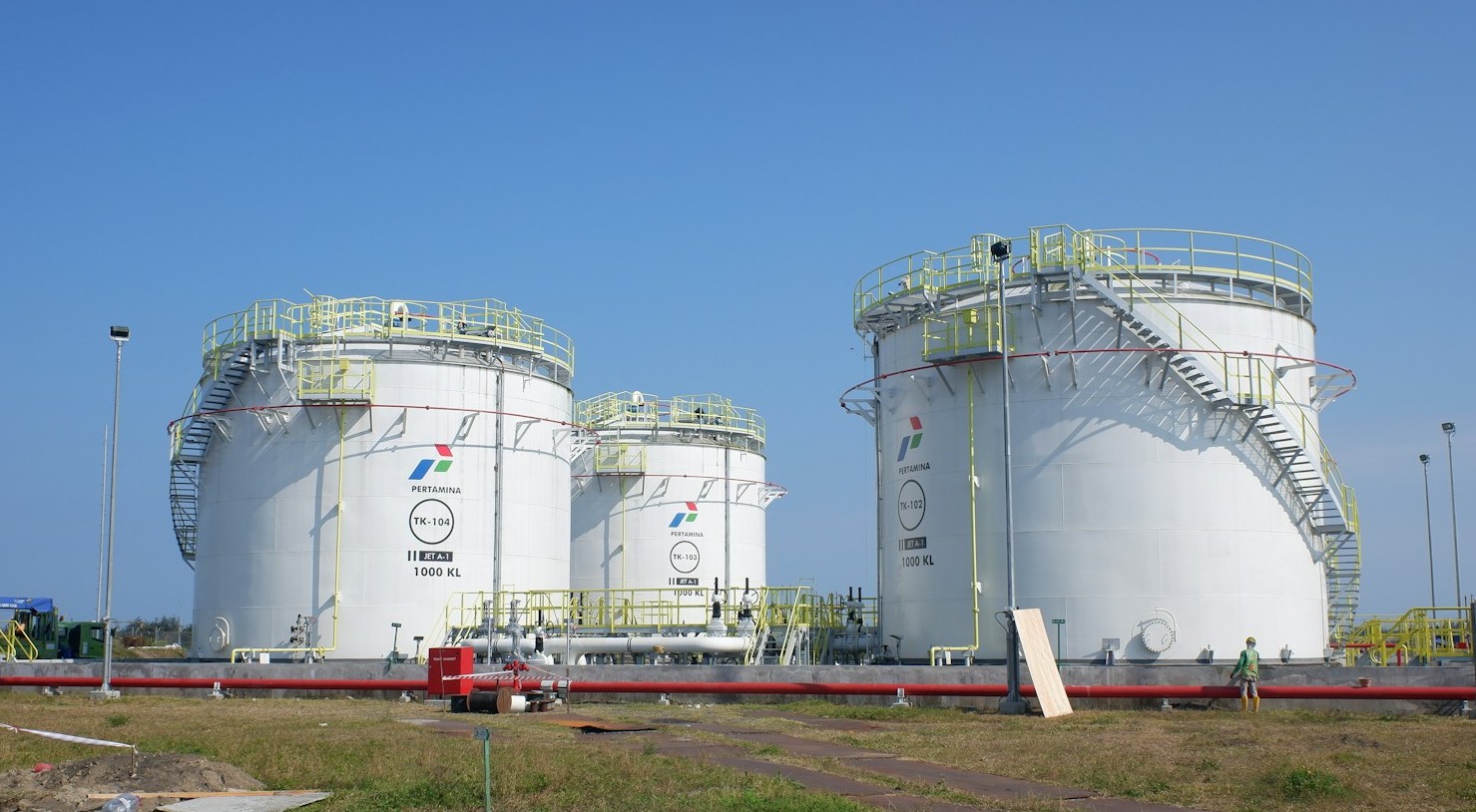Casablanca – Morocco has sharply increased its imports of Russian petroleum products, highlighting both the kingdom’s determination to secure energy supplies and the shifting patterns of global oil trade amid ongoing Western sanctions on Moscow. Recent data from energy research platforms, including Inco and the Center for Research on Energy and Clean Air (CREA), reveal that Morocco emerged as one of Africa’s largest buyers of Russian refined products in August 2025, even as Russia faces restrictions on its energy exports from the United States and European Union.
Morocco leads African demand
African imports of Russian petroleum products reached nearly 994,000 tons in August. Morocco alone accounted for 188,000 tons, a significant increase of more than 50,000 tons compared with July’s figures. At current market prices, this volume is estimated to be worth well over $120 million, depending on the mix of diesel and other refined fuels. The surge places Morocco at the forefront of African demand for Russian energy and reflects the kingdom’s efforts to diversify its sources of fuel in a volatile global market.
Egypt and Tunisia followed Morocco as key African buyers of Russian energy. Egypt doubled its intake in August to around 141,000 tons, while Tunisia imported about 127,000 tons. These purchases came despite persistent Western pressure on countries to avoid Russian energy products, underscoring Africa’s growing role as a destination for Russian exports.
Global export patterns shift
While Russia’s shipments to Africa increased, global exports of Russian diesel declined 3% in August to approximately 3.8 million tons. This drop was linked to a sharp reduction in deliveries to major traditional buyers. Brazilian imports of Russian diesel fell 24%, while Turkish imports slipped 1% compared with the previous month. At the same time, Asian markets expanded their intake of Russian products, with more than 542,000 tons shipped to the region during August. Nearly half of that amount went to China, underscoring the growing importance of Asia as a strategic outlet for Russian energy.
Between January and August 2025, Russia exported roughly 32 million tons of refined oil products worldwide, an 8% increase compared with the same period in 2024. Turkey remained a key hub, receiving over 10 million tons in the first eight months of the year, though this represented a 7% decline from last year. Brazil’s imports also fell 16% to around 5.2 million tons, which opened opportunities for other suppliers. U.S. fuel exports to Brazil nearly quadrupled over roughly seven months, reaching about 2 million tons, estimated at more than $1.4 billion in value.
Russia’s rising energy revenues
Despite Western sanctions aimed at curbing Russia’s energy earnings, the country continues to generate strong revenues from oil, gas, and coal sales. In August alone, Russia’s income from seaborne oil shipments reached about $185 million. Daily revenues from crude oil transported by pipeline climbed 2% to roughly $67 million, while liquefied natural gas (LNG) sales brought in about $33 million per day, a 4% monthly increase. Coal exports also rose, with daily revenues jumping 7% to about $82 million, supported by a 6% increase in shipment volumes.
CREA’s analysis shows that China remains Russia’s largest customer for crude oil and coal, accounting for 47% of Russian crude exports between December 2022 and August 2025. India follows with 38%, while the European Union and Turkey each represent about 6% of total Russian crude purchases. In the refined products market, Turkey leads with 26% of Russia’s exports, followed by China, Brazil, and Singapore. The European Union, despite sanctions, remains the biggest buyer of Russian LNG, purchasing more than 50% of shipments, ahead of China and Japan.
Implications for Morocco
Morocco’s growing reliance on Russian oil products underscores the kingdom’s pragmatic approach to energy security. With global energy prices volatile and supply chains still recovering from the disruptions of the pandemic and geopolitical tensions, Morocco is prioritizing affordable and stable sources of fuel. By tapping into Russian supplies, the country is diversifying beyond traditional partners in Europe and the Middle East, reducing its vulnerability to market shocks.
While Morocco’s purchases are not in violation of United Nations measures, they reflect the broader challenge facing Western governments as they seek to isolate Russia economically. The rise in African and Asian imports illustrates that Moscow has been able to redirect significant volumes of oil and refined products to alternative markets, maintaining export revenues and stabilizing domestic production.
For Morocco, the decision to buy more Russian fuel is driven by practical considerations. The kingdom imports most of its energy needs and has been working to contain the impact of high fuel costs on transport, electricity generation, and industrial production. The increase in Russian imports provides a buffer against price fluctuations and supply disruptions, even as it draws attention from international observers monitoring the effectiveness of Western sanctions.
As global energy dynamics continue to evolve, Morocco’s experience highlights the delicate balance between economic necessity and geopolitical pressure. The kingdom’s August purchases may signal a longer-term shift toward more diversified and flexible sourcing strategies, ensuring that Morocco remains resilient in the face of future energy challenges.






